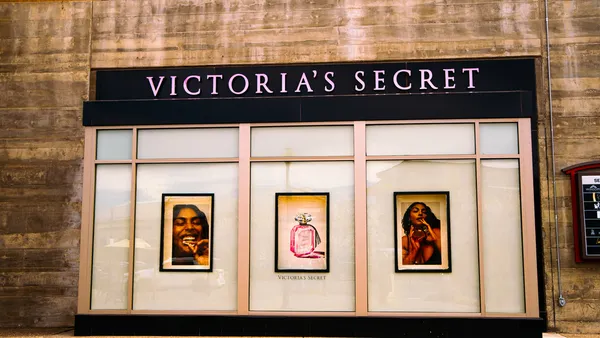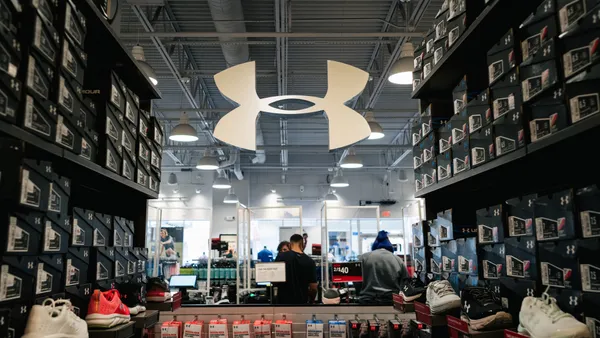Dive Brief:
-
Private-label credit cards have shown to have a new advantage for brands: unique strength in mobile wallets.
-
Private-label credit and debit cards are growing generally, with volume increasing 17% since 2012, reaching $254 billion in 2014, according to a report from BI Intelligence.
-
Store cards have been enabled by Samsung Pay, Google Pay, and Apple’s Wallet, and loyalty programs could boost their use.
Dive Insight:
Retailers with store credit or debit cards would be wise to take advantage of mobile wallets’ abilities, according to this research. Experts we’ve spoken to agree. Retailers and their CMOs don’t necessarily realize the enormous potential for mobile wallets in their marketing efforts, and retailers with private-label cards have yet another reason to take advantage of the wallets.
The utility of mobile wallets will be important to retailers regardless of their own app’s effectiveness, says Mark Tack, VP of marketing at mobile marketing firm Vibes.
Mobile wallets can help shoppers track their loyalty points, bring them coupons, facilitate payment, and remind them of benefits or deals as they pass by a store.
“It's the 'Costanza wallet' effect,’” Tack told Retail Dive, referencing George Costanza's overstuffed wallet in a Seinfeld episode. “The overflowing wallet. It’s insanity, especially, to try to shop our paper coupons. So to organize and mobilize all that content, there’s benefit, first just from a convenience standpoint. But the second big benefit is that these wallets are location aware, so you can get a reminder from a store that you have a coupon or a sale when you’re nearby.”














